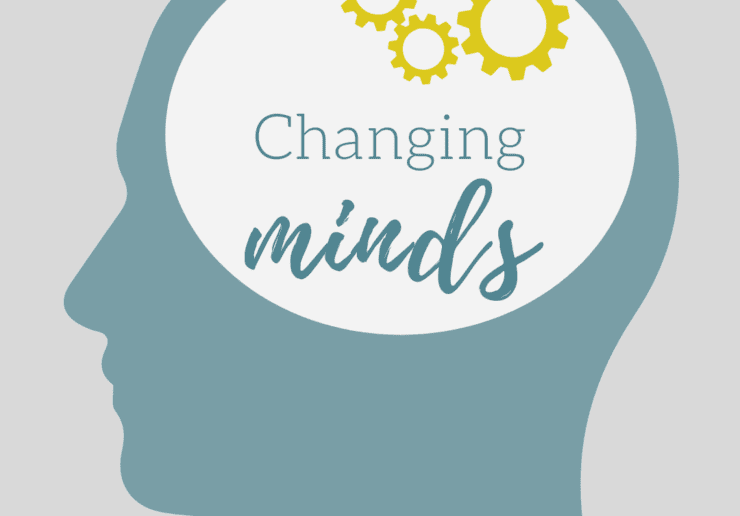
Changing Minds
This month hosts the annual World Mental Health Day on 10 October. This year the focus is on young people and mental health in a changing world. Here Emma explores our changing world and how it effects all generations.
Our changing world
Sometimes the changes are so fast, we don’t even notice them, except when Facebook makes an update to our newsfeed or profile view! At some point in our lives we will have experienced a big change; a change that pushes us and takes us out of our comfort zone. This can lead to heightened stress, anxiety, isolation and left, can lead to depression.
Learning about how change effects our mind and body can help us prevent further mental illness developing, like depression. As stress increases during difficult times, learning how to calm our mind through relaxation, or how to step back and gain a new perspective to clear our mind, contributes towards building our resilience and ability to ‘bounce back’.
Faster
For young people, the iGen generation born between 1995 and 2012 (youngest 6 to oldest 23) the speed of tech development is the norm for them. However, with the great access of information comes the risk online pressure to ‘keep up’ and potential loss of making real connections.
Technology is a major influence in our changing world. The speed of change has made everything quicker; items delivered faster and information now found by voice. We’re digesting far much more information that at any other time right now. It’s not just online search, we’re constantly connected to sending and receiving information by smartphones, smartwatches. You’re reminded when to breath, stand up and how much sleep you’ve had. Our level of connectivity has grown immensely along with our expectations for everything to be faster; down to immediate responses from texts and messages.
Generation X (1965 – 1979 now 39-53 year), Xennials (1975-1985 now 33 – 43 years old) and Millennials (1980-1994 24-38 years) have adjusted through change with no time to stop and take in these changes.
Life constantly being shaped by ‘what’s next?’ And with the pressure to keep up a feeling of “am I good enough?”
Coping, not coping with change
Changes can be exciting, liberating and empowering for us in the most part; however change can still be uncomfortable.
Not everyone copes with change in the same way. In the past it was quite ‘normal’ to not talk about how we felt about changes in life. Thankfully over the last 10 years, and more so in the last 5 years, we have been encouraged to talk more about our feelings. This has created an ‘openess’ of who we are, what we like, what we don’t like, and platforms to share our feelings and opinions.
Through talking we address and release what we fear. With the right support talking can help us make new choices which are more supportive to who we are.
Perfect pressures
Social media has made the world smaller; being right in the palm of our hand. We are never far, (whatever generation,) from the latest look, trend, aspiration. A constant hum of the pressure to be perfect in the background of life. The reality of attaining these for some is creating greater pressures. These pressures filter through a whole family.
Being real
What is missing is more ‘real’ experiences where the joy, connectivity, laughter and happiness can be seen, felt and heard together. An opportunity to escape the online pressures, to reconnect with ourselves and with real living.
A walk to the park, a picnic, having a party, watching a movie, going shopping, creating a treasure hunt, relaxing, bike rides, playing card games.
Some of these might seem old fashioned, but just think back to every time a big change happens; what gives us strength to work through is our friends, family and local community; the connectivity, companionship, support and fun created by us being together.
Instead of waiting for big changes to effect us, it’s time to learn new ways to cope with our changing world. We can start by recognising how our mind and body feel under stress and take action to help reduce stress; understand the pressures of perfectionism are not real; and increase our connection with the ‘real’ world instead.
Neither is going away; so to help our mental health in this changing world it’s our chance now to embrace them both, together.
If you are concerned for yourself of someone you know please talk to someone, visit these websites (national and local) and make an appointment with your GP. There is help and online resources available to support you.
LOCAL:
